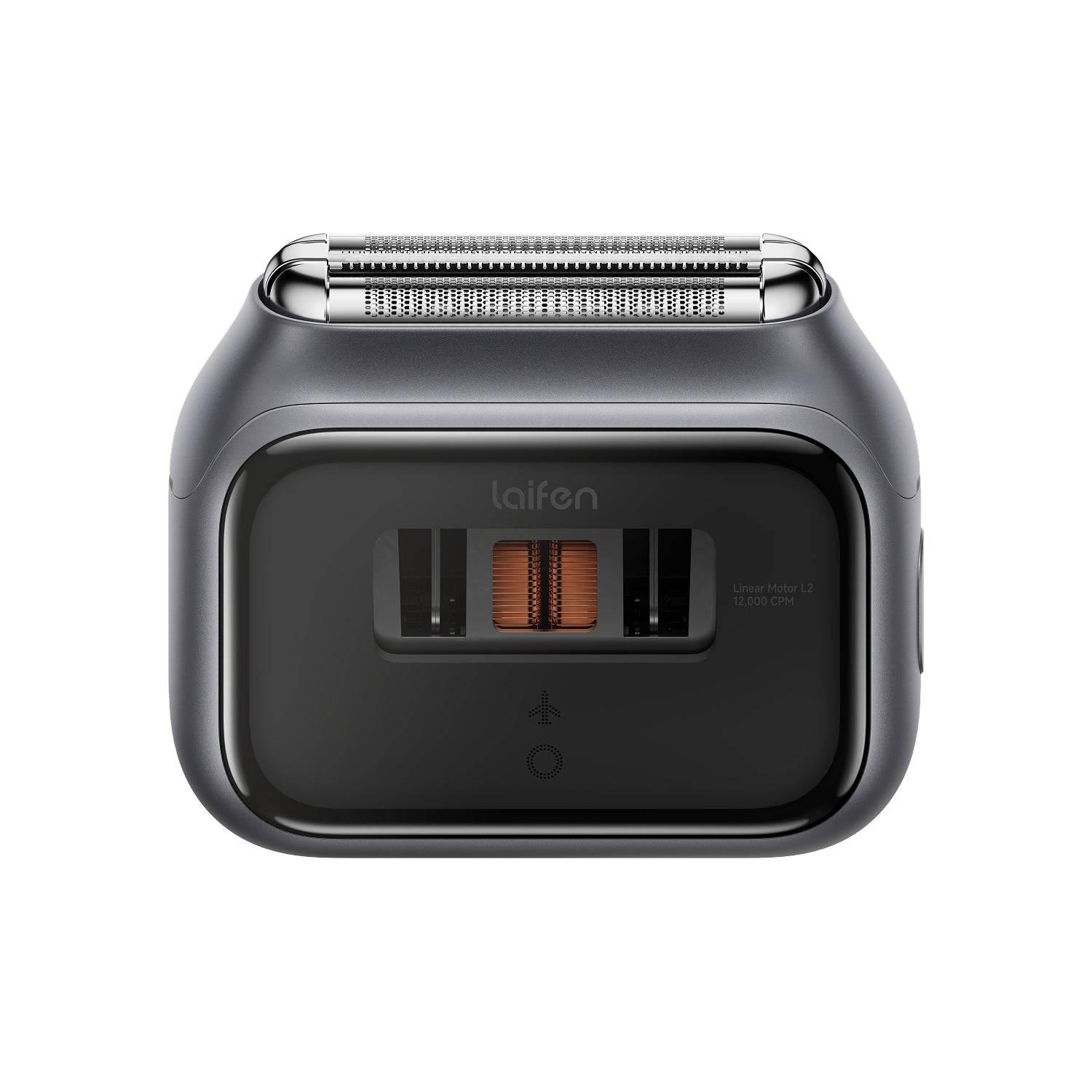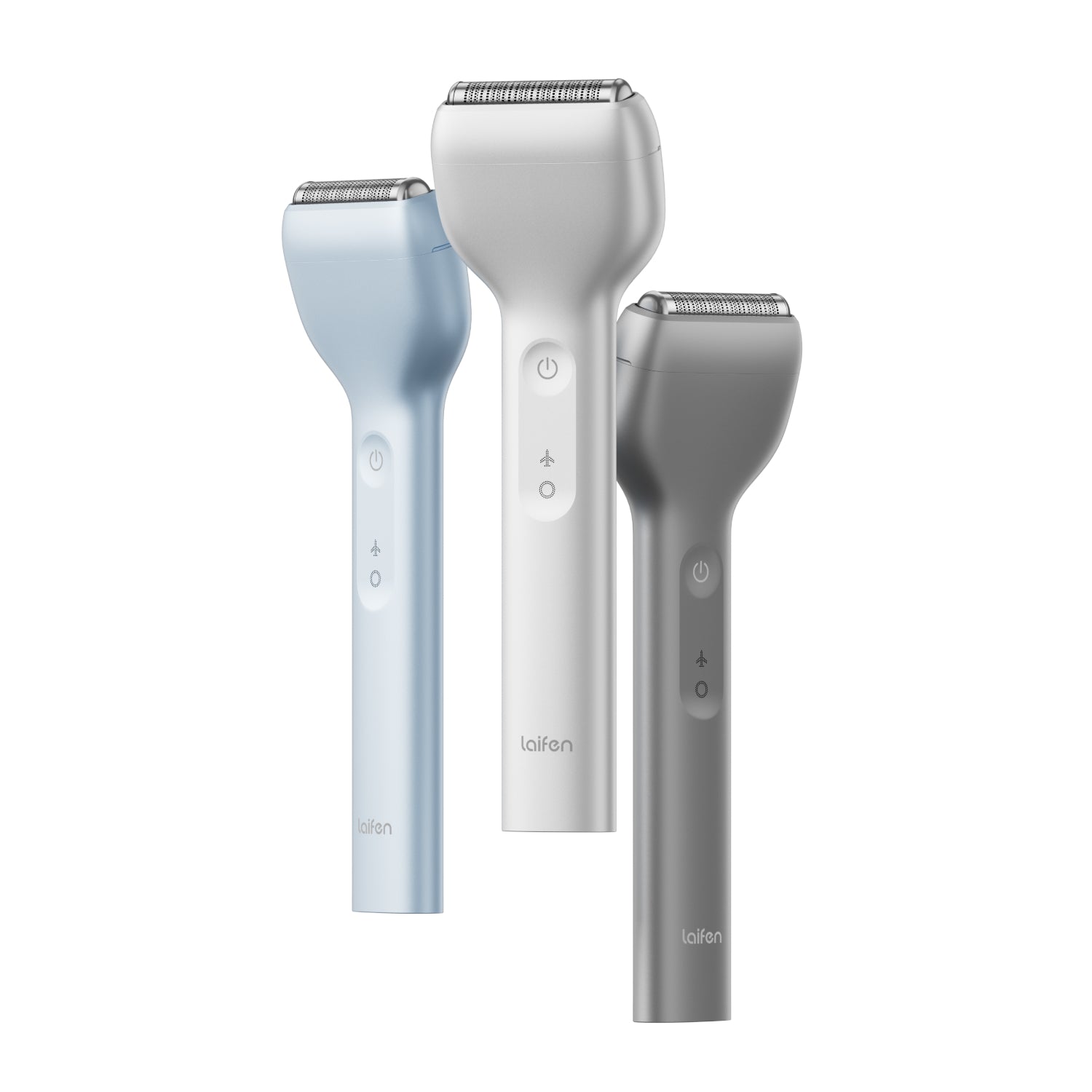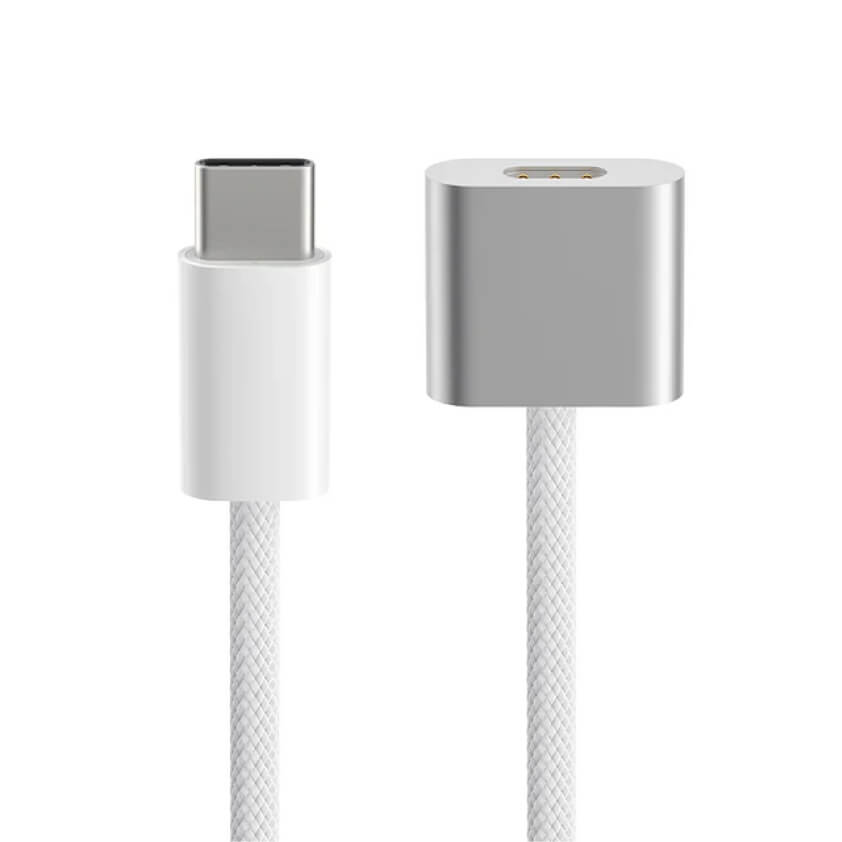
In this article
Black hairy tongue, though unsettling, is surprisingly common. It's often caused by factors like poor dental hygiene, smoking, or certain medications. Contrary to its name, it's not actually hairy but rather an overgrowth of papillae on the tongue's surface. This condition can affect anyone include you and me, regardless of age, and develops gradually rather than suddenly. If you spot it, don't panic. Start by improving your habits, brushing your tongue in a mild way, and staying hydrated. Get to know more details of this disease.
Black hairy tongue causes
Black hairy tongue can be caused by several factors, including:
-
Inadequate brushing and flossing can lead to the accumulation of bacteria and dead cells on the tongue's surface.
-
Smoking or using other tobacco products can cause the development of black hairy tongue due to the chemicals and tar present in tobacco.
-
Some antibiotics, antipsychotics, and other medications can disrupt the normal balance of bacteria in the mouth.
-
Reduced saliva flow can result in the buildup of dead cells and bacteria on the tongue.
-
These ingredients can sometimes cause irritation or discoloration of the tongue.
Black hairy tongue symptoms
Symptoms of black hairy tongue include:
-
Discoloration: The tongue may appear dark, black, or brownish in color, resembling hair growth. This discoloration is caused by the accumulation of bacteria, debris, and dead cells on the tongue's surface.
-
Fuzzy or hairy appearance: The elongated papillae on the tongue can give it a fuzzy or hairy texture, despite not actually containing hair.
-
Bad breath (halitosis): The buildup of bacteria and debris on the tongue can contribute to unpleasant breath odor.
-
Metallic taste: Some with black hairy tongue may experience a metallic or unpleasant taste in their mouth.
-
Gagging or tickling sensation: The elongated papillae can sometimes cause discomfort or a tickling sensation in the back of the throat and results in gagging or discomfort while eating or speaking.
Black hairy tongue treatment
In this part, learn the 5 tips for your black hairy tongue.
Improve and change your oral hygiene styles
You need to change your oral care routine by brushing your teeth and tongue twice daily with a soft-bristled toothbrush.
Try gentle scraping or brushing of the tongue's surface to remove accumulated debris, bacteria, and dead cells.
I also advise you using a tongue scraper or brush specifically designed for this purpose, which ranges from $5 to $15.
You should be mindful to avoid aggressive brushing to prevent further irritation.
Hydration
One of the most important things is keeping your mouth moist and hydrated by drinking plenty of water throughout the day. Adequate hydration helps maintain saliva flow, which naturally cleanses the mouth and prevents the buildup of bacteria and debris on the tongue.
You can aim for at least eight glasses of water daily, and try using sugar-free lozenges or gum to stimulate saliva production, available at most pharmacies for around $3 to $10.
Tobacco cessation
If you're a smoker or use other tobacco products, quitting can significantly improve oral health and reduce the risk of black hairy tongue.
Sometimes you may need to find smoking cessation programs, nicotine replacement therapies, or counseling services to support your journey to quit smoking.
Medication review
If black hairy tongue is suspected to be medication-related, you should consult your healthcare provider to review your current medications. They may recommend adjusting dosages, switching to alternative medications, or discontinuing drugs known to contribute to oral health issues. It is a good way but seem a bit more expensive and time-consuming.
Black hairy tongue and pepto bismol
Black hairy tongue is a condition where the tongue appears dark or black due to an overgrowth of papillae on its surface. Interestingly, one surprising cause of this condition is the use of Pepto Bismol, an over-the-counter medication commonly used to treat gastrointestinal issues like heartburn, indigestion, and diarrhea.
Pepto Bismol contains an active ingredient called bismuth subsalicylate, which can sometimes react with the bacteria in the mouth and create discoloration of the tongue.
The reaction between bismuth subsalicylate and the bacteria can create a temporary and harmless black staining of the tongue. This staining can often be resolved by discontinuing the use of Pepto Bismol and practicing good oral hygiene, including brushing the tongue gently with a toothbrush or tongue scraper.
4 myths of black hair tongue
In the last section, you can find 4 myths of this oral disease.
It's contagious
Contrary to popular belief, black hairy tongue is not contagious. It's a benign condition caused by factors such as poor oral hygiene, tobacco use, or certain medications. You cannot "catch" it from someone else through physical contact or sharing utensils.
It's permanent
While black hairy tongue can be persistent if left untreated, it's not a permanent condition. With proper oral hygiene practices and avoidance of contributing factors, such as smoking or certain medications, the discoloration and overgrowth of papillae on the tongue can typically be resolved.
It's a sign of poor oral caring
While poor oral hygiene can contribute to the development of black hairy tongue, it's not the sole cause. Factors such as tobacco use, dry mouth, certain medications, or even drinking excessive amounts of coffee or tea can also play a role in its development.
It requires medical treatment
While black hairy tongue may look alarming, it often doesn't require medical treatment. Simple measures like improving oral hygiene, drinking plenty of water, and discontinuing contributing factors like smoking or certain medications can often resolve the condition.
































